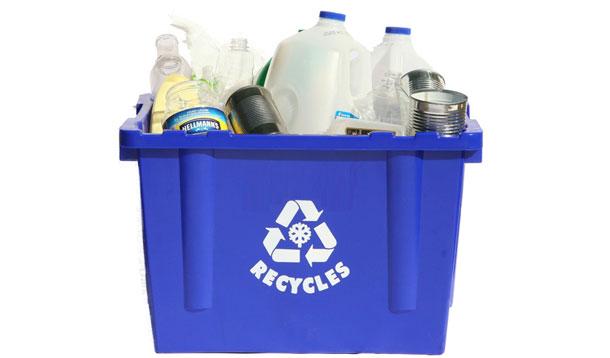
Recycling isn't just about throwing your newspaper in the recycling bin once you get to work. It's about a series of small choices throughout the day, which lead to one big difference in the health of the planet once those days add up into weeks and years. There are countless ways that you can make tiny changes in your behaviour, which you'll barely even notice, but that will change the health of the planet while setting a good example for others.
![]() RELATED: 15 Easy Things You Can Do To Be Green In 2015
RELATED: 15 Easy Things You Can Do To Be Green In 2015
Check out this list of 25 things that you may have already thrown away today, and see how many times over you're guilty as charged, and how easy it would be to trade your habits in for better ones tomorrow!
For helpful information about your area, and for more tips on recycling everyday items, check out the helpful resources at Earth911.
Click here to find out what to do with your non-recyclable and hard-to-recycle trash. And check out these 12 TED Talks about the environment.